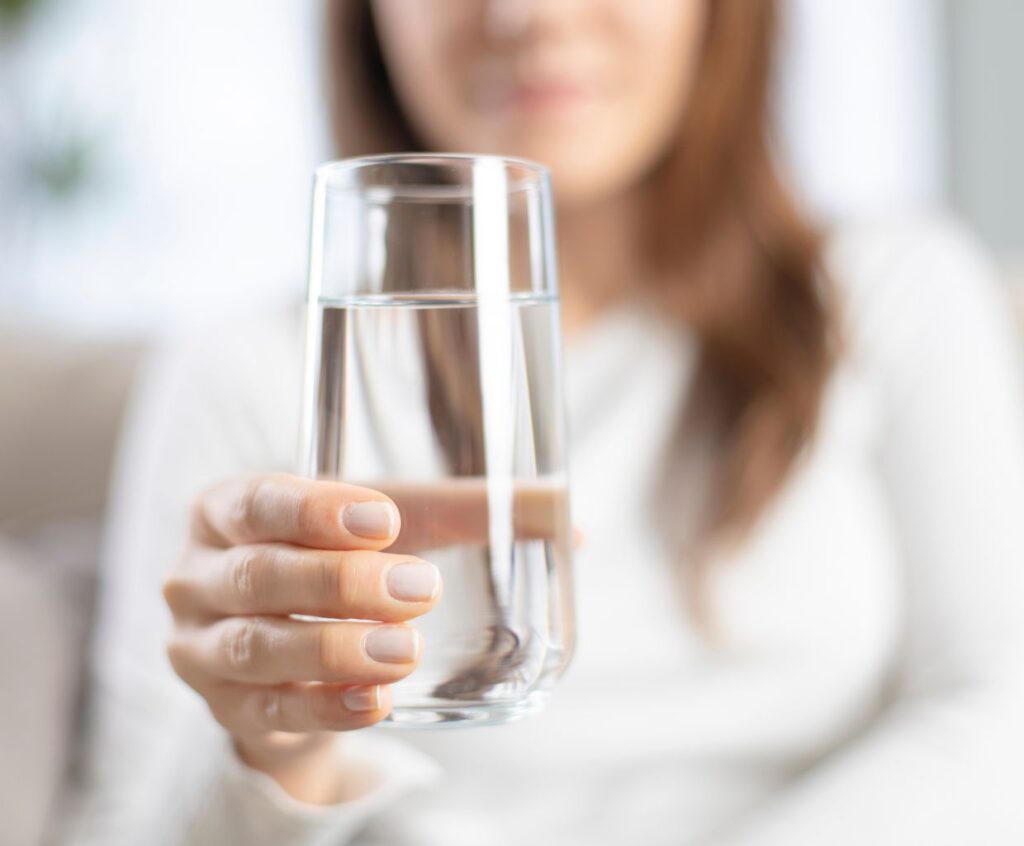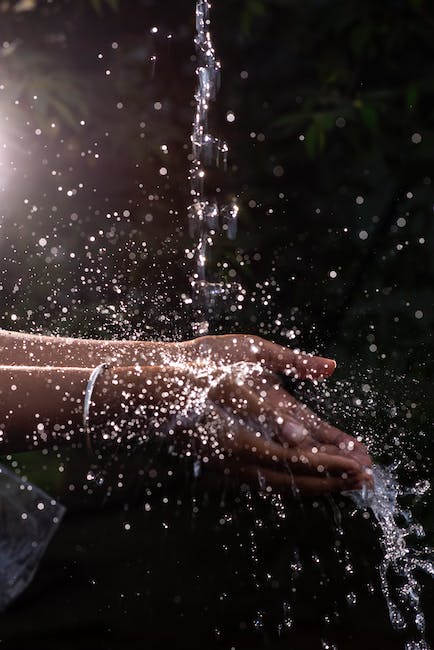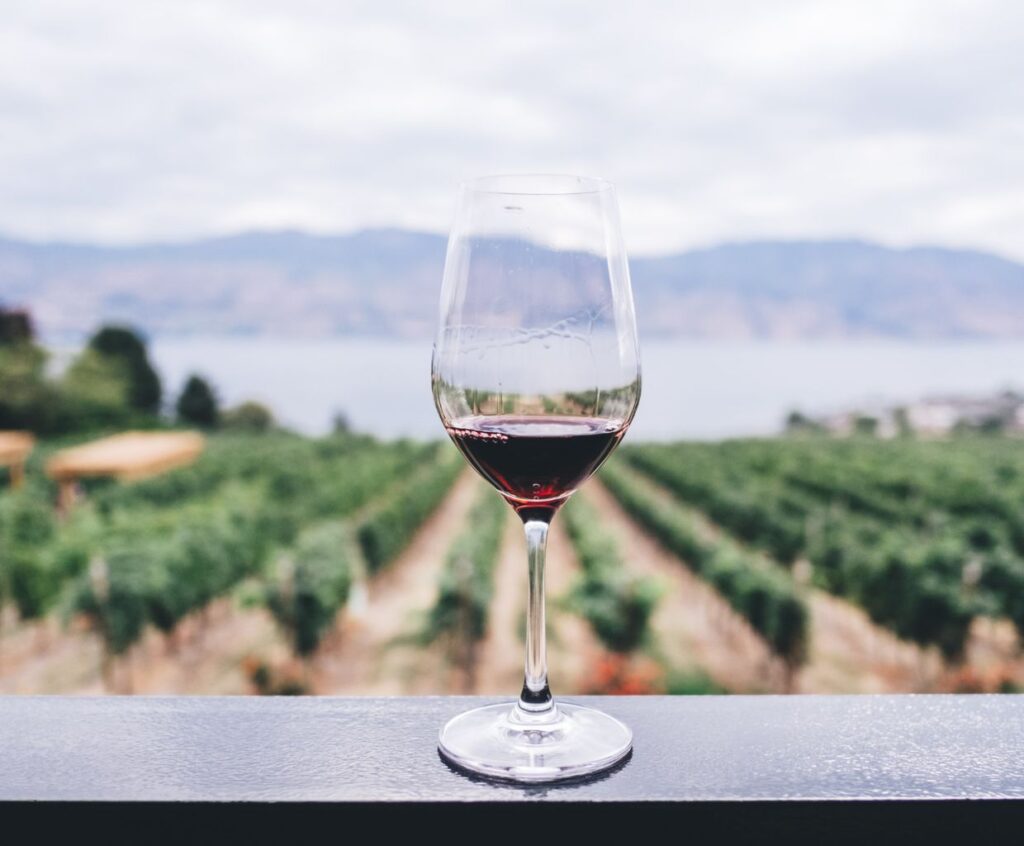Water Sommelier: Exploring the Art of Water Tasting and its Growing Popularity
Have you ever thought about the taste of water? Most of us take it for granted, but did you know that water can have distinct flavors and characteristics?
Enter the fascinating world of water sommeliers, individuals dedicated to understanding and appreciating the nuances of this seemingly simple yet essential beverage.
What is a Water Sommelier?
You may be familiar with the term “sommelier,” which typically refers to an expert in wine. A water sommelier is essentially the same, but their expertise lies in water. These specialists have honed their senses to discern the subtle variations in different waters’ taste, mouthfeel, and aroma.
They are trained to identify mineral content, acidity levels, and water sources.
The Rise of Water Tasting
Water tasting, also known as water sommelier tasting, has recently gained significant popularity. As people have become more conscious of what they consume, the interest in exploring the vast world of water has grown.
Like wine tasting, water tasting involves a systematic approach that includes visual examination, olfactory evaluation, and tasting.
The Diversity of Water
Contrary to popular belief, not all water tastes the same. Factors such as the geographical location, mineral composition, filtration process, and even the container it is stored in can influence water’s flavor profile.
Some waters may have a crisp and refreshing taste, while others may be more velvety or have a subtle earthy undertone. Exploring the range of flavors and textures in water can be a delightful and eye-opening experience.
Water Pairing
Like wine, water can be paired with different foods to enhance the overall dining experience. Skilled water sommeliers can suggest specific waters to complement different dishes, much like a traditional sommelier would recommend wine pairings.
By carefully selecting the proper water, one can elevate the flavors in a meal and create a harmonious balance between the food and the beverage.
What are the different types of water that a water sommelier typically evaluates?
A water sommelier typically evaluates different types of water based on their taste, mineral content, and characteristics. Some of the common types of water that a sommelier evaluates include:
1. Spring Water: Spring water comes from natural springs and is often associated with purity. It usually has a balanced mineral composition and a refreshing taste.
2. Mineral Water: Mineral water contains a higher mineral content than other types of water. It is often sourced from underground mineral springs and can have various flavors and characteristics based on its mineral composition.
3. Tap Water: Tap water is the most accessible and commonly consumed type of water. Its taste and characteristics can vary depending on the source and the treatment process. Tap water is usually regulated to meet safety standards.
4. Filtered Water: Filtered water is water that has been processed to remove impurities and contaminants. It can go through various filtration methods like carbon filters or reverse osmosis. Filtered water often tastes cleaner and may have improved characteristics.
5. Sparkling Water: Sparkling water contains carbon dioxide gas, which gives it a bubbly and fizzy texture. It can be naturally or artificially carbonated and often has a distinct taste and mouthfeel.
6. Distilled Water: Distilled water is created by boiling water and collecting the steam, leaving behind impurities. This process removes minerals and other substances, producing pure and tasteless water.
Each type of water differs in taste, mineral content, and characteristics. Some may have a distinct flavor profile due to the minerals present, while others may be neutral or bland. Evaluating these differences is the expertise of a water sommelier.
How has the art of water tasting gained popularity in recent years?
In recent years, the art of water tasting, also known as water sommelier, has gained popularity due to several factors:
1. Growing interest in health and wellness: With an increasing focus on health and wellness, people are seeking out healthy and natural alternatives to sugary drinks and beverages. Water, essential for hydration and overall well-being, has become popular. Water tasting allows individuals to explore different flavors and characteristics of water, making it an intriguing and healthy option.
2. Rise of food and beverage culture: The rise of food and beverage culture has led to a greater appreciation for the nuances and complexities of different flavors. Like wine or coffee, water tasting offers a similar experience of analyzing and comparing various tastes, textures, and aromas. This cultural shift has contributed to the rise of water tasting as a sophisticated and enjoyable activity.
3. Environmental concerns: The increasing awareness of environmental issues, such as plastic pollution and water scarcity, has prompted individuals to pay more attention to the quality and source of their water. Water tasting allows people to explore and appreciate the unique qualities of different types of water, including tap water, spring water, or purified water, encouraging a more conscious approach toward water consumption.
4. Marketing and branding: Some bottled water companies have capitalized on the concept of water tasting to differentiate their products in a crowded market. They emphasize their water’s distinct characteristics and sources, creating a sense of exclusivity and luxury. This marketing strategy has helped raise consumer awareness and interest in water tasting.
5. Media coverage and events: Water tasting has received media coverage through documentaries, articles, and events, further popularizing the practice. Water sommeliers have emerged as experts in the field, sharing their knowledge and expertise through educational programs, workshops, and tastings. This exposure has contributed to the rise of water tasting as a unique and intriguing experience.
Overall, the combination of health consciousness, food and beverage culture, environmental concerns, marketing efforts, and media coverage has fueled the popularity of water tasting in recent years.
Water Sommelier – Conclusion
The art of water tasting may seem peculiar to some, but it is a growing trend that allows us to appreciate water in a new light. Water has a story to tell, from its origin to its taste, and water sommeliers are here to guide us through this fascinating journey.
So, the next time you sip water, take a moment to savor it and reflect on its unique intricacies.




